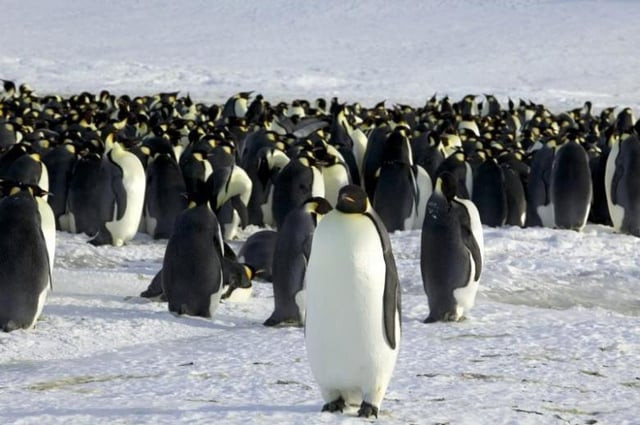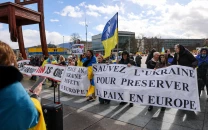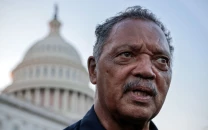US defends tariffs on remote island populated by penguins and seals
Trump administration moves to block all potential loopholes, officials claim

The Trump administration has defended its decision to impose tariffs on the Heard and McDonald Islands, a remote Australian territory home only to penguins and seals, in a move aimed at closing what it calls “ridiculous loopholes” in global trade.
US Commerce Secretary Howard Lutnick told CBS on Sunday that the islands were included in the tariff list to prevent countries from exploiting unregulated trade routes and shipping goods to the United States via transhipment.
“If you leave anything off the list, the countries that try to basically arbitrage America go through those countries to us,” Lutnick said. “The President knows that, he's tired of it, and he's going to fix that.”
The remote islands sit nearly 4,000 kilometres off the coast of mainland Australia. Their inclusion in the tariff policy took Australian authorities by surprise last week, with Trade Minister Don Farrell calling the move “clearly a mistake” and evidence of a “rushed process.”
The islands are largely inaccessible and have no permanent population. According to World Bank data, they exported just US$1.4 million worth of goods to the US in 2022—mostly labelled as "machinery and electrical products."
Also included on the US tariff list is the British Indian Ocean Territory, another remote location occupied only by military personnel. It exported about US$414,000 worth of goods to the US in 2022.
Lutnick’s remarks were part of a coordinated effort by US officials to justify the latest round of tariffs introduced by President Trump. The defence came after all three major US stock indexes plunged by more than 5% on Friday—marking the worst trading week since 2020.
Critics have questioned the necessity of targeting territories with negligible economic output. However, the administration argues that even small, obscure regions can serve as backdoor routes in transhipment—a common global practice where goods pass through intermediary ports before reaching their destination.
Pew Charitable Trusts, a public policy group, says this method has been used to manipulate trade data and obscure the origins of goods. In the Pacific, it estimates that hundreds of millions of dollars’ worth of fish are moved illegally via transhipment every year.
The Trump administration’s broader trade agenda has sparked tensions globally, with critics arguing the moves are poorly targeted and politically motivated. Still, officials maintain the policy is about closing every possible gap to protect American industry.
“We’re not going to leave any doors open,” Lutnick said.






















COMMENTS
Comments are moderated and generally will be posted if they are on-topic and not abusive.
For more information, please see our Comments FAQ